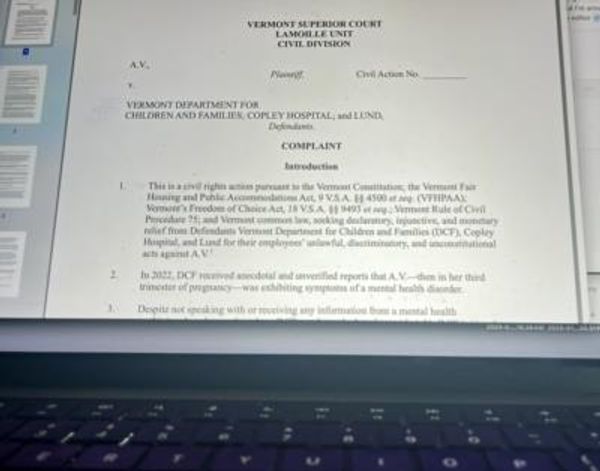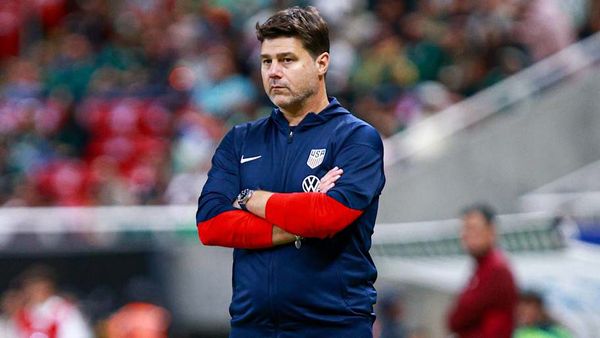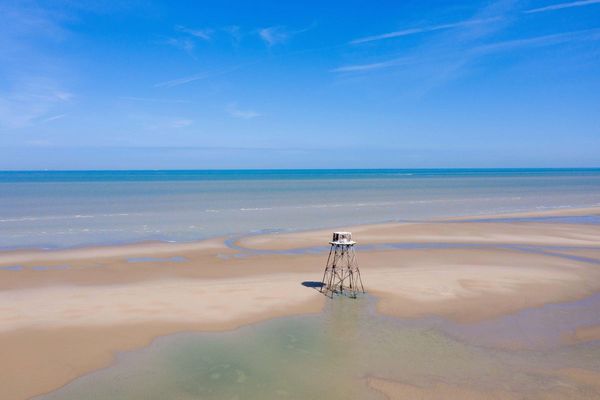
Back when he became Liberal leader, Peter Dutton claimed that the Liberal Party and big business had become “estranged in recent years”, a particularly risible claim given the Morrison government had operated as a cash-for-policy scam for large corporations.
Dutton said that in response to a question about the growing gulf between the business community’s call for energy policy certainty and real climate action, and the Coalition’s continuing climate denialism and support for fossil fuels.
That gulf has widened still further since then, with virtually every major business group supporting Labor’s climate bill and its inadequate 43% 2030 reduction target.
There’s business support, and then there’s business support — the Business Council (BCA) “supported” climate action for many years but actively worked to sabotage any meaningful climate action. It was only after the BCA’s partisan attacks on Labor’s 45% target during the 2019 election that its membership jacked up and pushed the executive to ditch its denialism.
Now the BCA is backing the government’s bill, along with the Australian Industry Group (which has long been far more responsible and constructive on climate action) and the Australian Chamber of Commerce and Industry, along with the Australian Institute of Company Directors. Even the Minerals Council has been shamed into backing the bill.
Significantly, one of Australia’s biggest climate criminals, Origin Energy, is also calling for the opposition to support the bill, on the basis that it will give further certainty to business investment in renewable energy. Fossil fuel lobby group APPEA also backs the bill, as does another climate criminal, Shell. Even the country’s worst climate criminal, Woodside, says the 43% target is “largely aligned” with its own.
That just leaves Woodside’s rival as Australia’s worst environmental crook, Santos, on the outer.
Origin, APPEA, Santos and Woodside are part of the fossil fuel clique that has used political donations, jobs for politicians and staffers, and close links with political strategists to capture the major political parties, and particularly the Coalition, on energy and tax policy. Now, a number of them are aligned with Labor on its emission reduction targets.
Dutton, who took a unilateral decision to oppose Labor’s climate bill, thereby dealing himself out of any efforts to amend it, is now “estranged” not merely from big business but from key fossil fuel donors with whom the Coalition has closely worked for over a decade to stymie climate action.
Without big fossil fuels, who does Dutton have left in his corner? Only the denialist rump of the Liberal and National parties, and News Corp. His opposition to climate action will make the already difficult task of winning back “teal” seats even harder — imagine a Liberal candidate running in a metropolitan Sydney or Melbourne seat on a climate policy that even our biggest fossil fuel companies don’t support? All the News Corp cheerleading in the world won’t be able to get them over the line.
When your political business model is to generate money and support to get into power by offering the opportunity to dictate policy, you have to be able to offer donors a realistic suite of policies. Not merely is Dutton failing to do that, he’s pushing a policy many of them actually dislike for its impact on their investment environment. The support of some Nationals MPs and a few News Corp editorials isn’t going to make up for that.
Is Dutton’s opposition to Labor’s climate plan a loser’s strategy? Let us know by writing to letters@crikey.com.au. Please include your full name to be considered for publication. We reserve the right to edit for length and clarity.







